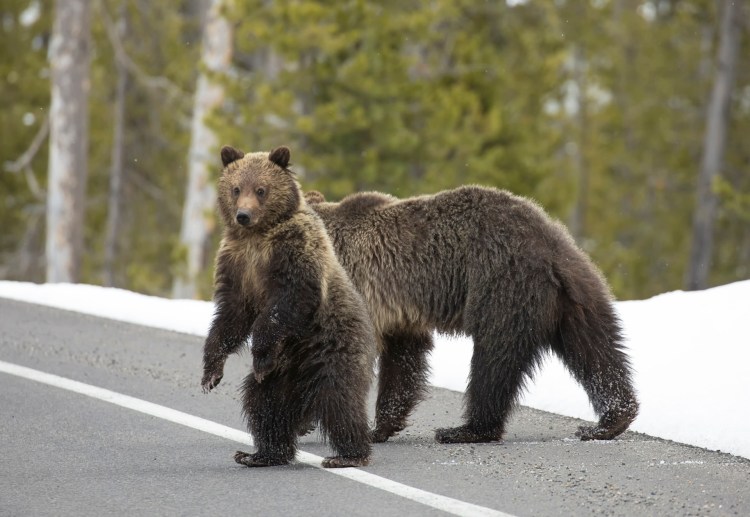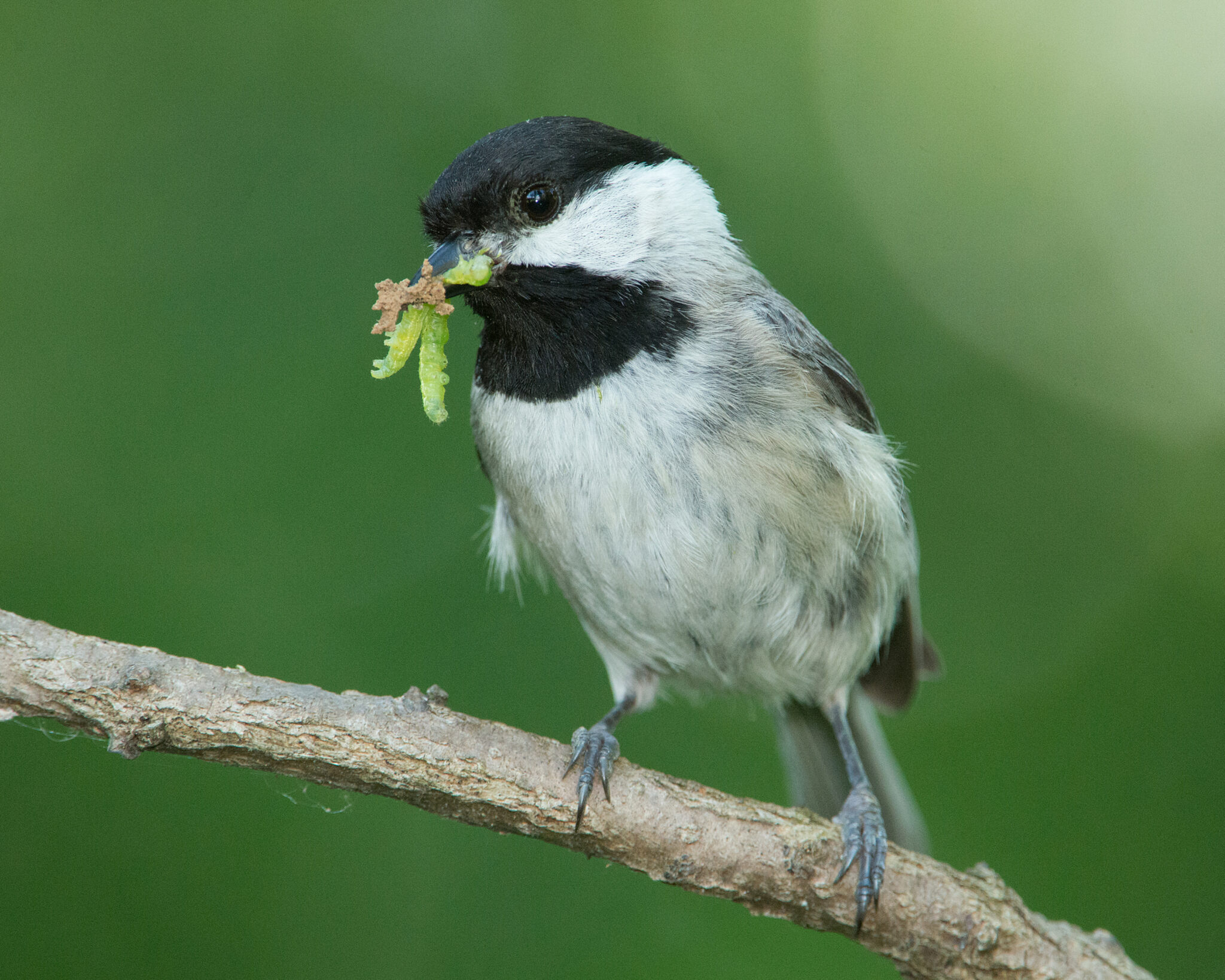Regardless of the academic program you’re pursuing, why do you think you’ve to write an essay before graduating? You might not want to be a journalist or copywriter after completing your undergraduate or postgraduate studies, but you need to sharpen your communication skills to have the upper hand in the job market. One of the effective strategies you can use to develop this vital attribute is through writing. Once you dedicate yourself to crafting essays, you train your brain to remember sentence structures and logical arrangement of ideas. The results can be evident in your oral communication.
Even with these known benefits, how can a novice become a pro at crafting essays, especially on wildlife-related topics? Before answering this question, think about the information you’ll include in a business or medical paper. For example, when your professor requires you to explain “The implication of a psychotic medicine on the brain,” you won’t meet the proficient or distinguished criteria if you don’t incorporate scientific terms. The same applies to wildlife. For example, the topic of “Sustainable conservation approaches for nature” should revolve around the ecosystem rather than business concepts and reasoning. An innovative way to understand this art of organizing ideas while being conscious of technical terms or vocabularies is by purchasing an affordable essay writing service online. You can use the custom sample you bought as a template or source of inspiration.
Study hacks to write an essay on wildlife that you’ll learn
Beat procrastination
Whether subconsciously or you were aware, you’ve at least postponed a task because of boredom or laziness. One of the primary causes of this procrastination is a lack of habits that transform into character. When you are a student intending to write a 5-page essay on wildlife with a 2-day deadline, what would be the implication of waiting up to the last minute before you begin? Even if you’re a pro, you won’t have enough time to go through all the writing steps, from researching to editing. In such a case, anyone will take a shortcut.
For example, you can opt to rephrase an online document or sections of sources in your paper. If you take this approach, your professor will mark your paper as plagiarized despite its low similarity. For instance, imagine locating a journal highlighting five strategies for conserving wildlife and replicating the same in your essay. You won’t have learned anything about understanding concepts and devising novel knowledge through critical thinking!
When your professor indicates that you’ve five days to complete your essay, you should start immediately when you get time. While beginning the same day is nearly impossible, you can search for resources from online databases, scan through them, and decide the ones you’ll use. This strategy will help you beat procrastination. Reviewing the source will also provoke your thoughts to the extent of only relying on the author’s verdicts to support your assertions.
Avoid the obvious
Do you know that many professors might have published many papers on wildlife essay topics they set for their students? Also, have you ever heard of peer review? While professors might appreciate your efforts in acknowledging their studies on your essay, they often require more than paraphrasing or quoting sentences or sections from their published papers. For example, repeating findings on how a particular community collaborates with relevant stakeholders to curb poaching might not be enough. So, what are professors’ expectations?
Do you know how scholars come up with novel products or processes to the extent of patenting them? Every task, including writing essays on wildlife topics, given by your professor can be a source of inspiration for invention. For instance, you can explore issues such as domestication of wild animals or plants, especially endangered ones, to conserve them. You can go the extra mile by citing YouTube videos about how the people in the Indian subcontinent lived with wild water buffaloes.
Another simple way of writing points on wildlife topics, for example, conservation, could be comparing authors’ opinions on one issue. You will notice that some scholars reported success while others acknowledged some limitations. You can harmonize the divergent ideas by offering consolidating opinions. In particular, if one author indicated how the government coordinated with locals to conserve endangered species while another how collaboration was impossible, you could recognize a lack of civil education as a challenge in the latter case. Such unveiling of knowledge gaps could also form the basis of further exploration.
Thrive with personal organization
Have you ever started reading a chapter of any book and received a call? Did your momentum reduce, remain the same, or increase? Like any other task, you should commit yourself to writing an essay on wildlife topics. While short breaks are necessary, especially for long orders, you should do them diligently. If you’re keen, you’ll notice a professor with two lecture hours dedicated the entire time teaching, with a few giving around 10-minute breaks. Adhering to time ensures students not only complete the syllabus within the stipulated timeline but also grasp concepts.
When handling an essay on a wildlife topic, you should segment your paper into sections and allocate an approximate number of words. You can decide at every sit down to complete at least three to four paragraphs and exhaustively use your selected sources. If you adhere to this writing technique, you’ll realize that your essay has a logical flow of ideas.
Whereas these three study hacks would nurture your research and writing skills, you should consider looking for a mentor. Learning from someone will help you develop a writing tone, eliminate ESL markers or outdated vocabulary, and become confident in crafting essays on wildlife topics.
Lead Image by Geranimo from unsplash.com.






Leave a Reply